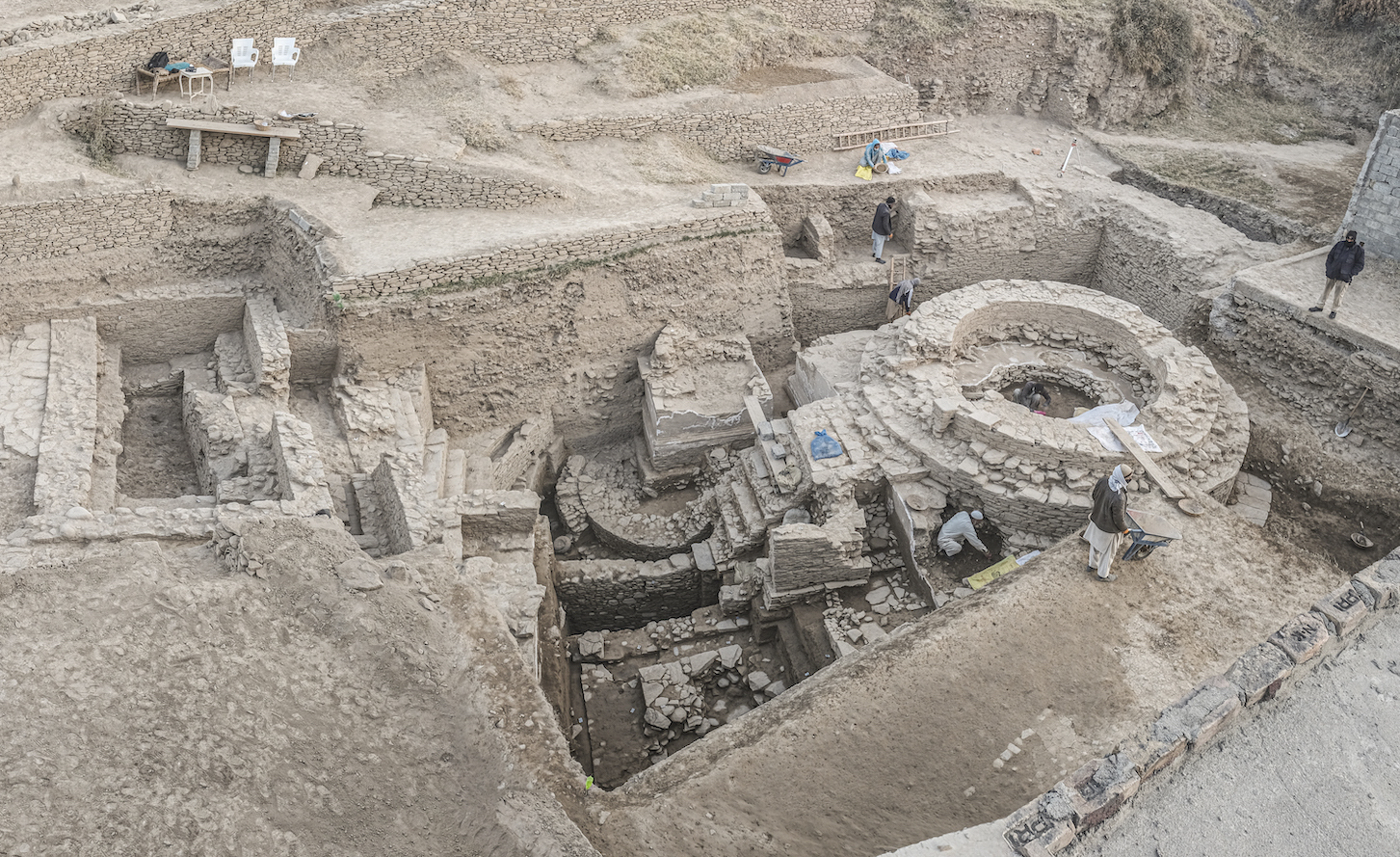ATLANTA, GEORGIA—According to a statement released by the National Science Foundation, Sophie Joseph of Emory University and her colleagues suggest that people who lived in South America’s Andes Mountains may have begun to adapt to the tuberculosis bacterium more than 3,000 years ago. The researchers were examining the genomes of individuals from modern Indigenous populations living in Ecuador at an elevation of more than 8,000 feet because they were interested in learning how the region’s early inhabitants adapted to living at high altitude. “We were surprised to find that the strongest genetic signals of positive selection were not associated with high altitude but for the immune response to tuberculosis,” said team member John Lindo. At about this time, Joseph explained, agriculture began to develop in the region, bringing about more densely populated societies, and perhaps, human-pathogen co-evolution. Another study has detected the bacterium in 1,400-year-old mummified remains found in the Andean Mountains. It had been previously thought that tuberculosis traveled to South America with Europeans. Read the original scholarly article about this research in iScience. For more on the origin of tuberculosis in the Americas, go to "Across the Atlantic by Flipper."
Ancient Andeans May Have Developed a TB Response
News March 30, 2023
Recommended Articles
Digs & Discoveries November/December 2025
The Egyptian Sequence
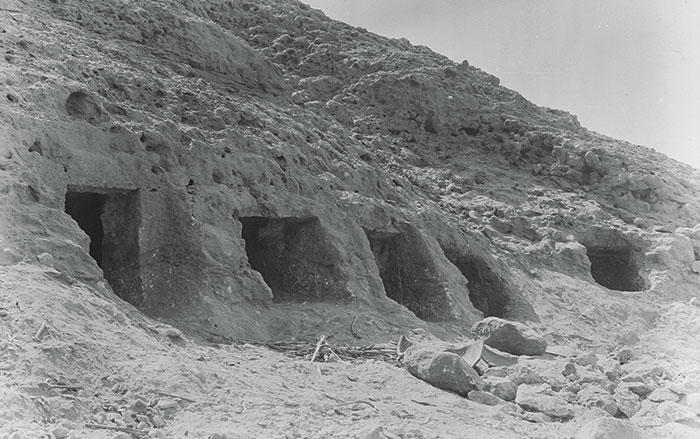
Top 10 Discoveries of the Decade January/February 2021
Neanderthal Genome
Vindija Cave, Croatia, 2010
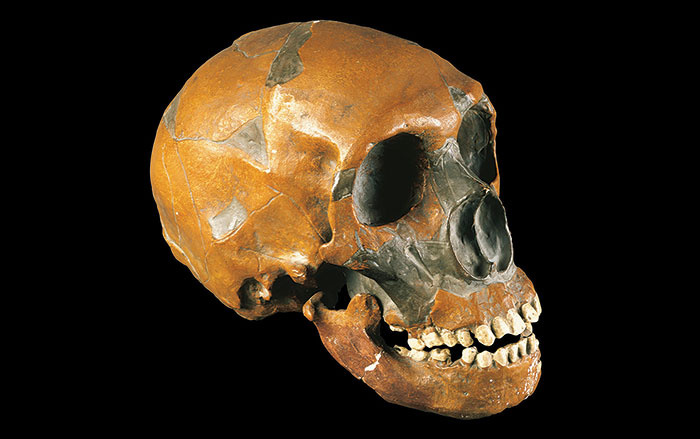
Top 10 Discoveries of 2020 January/February 2021
Largest Viking DNA Study
Northern Europe and Greenland
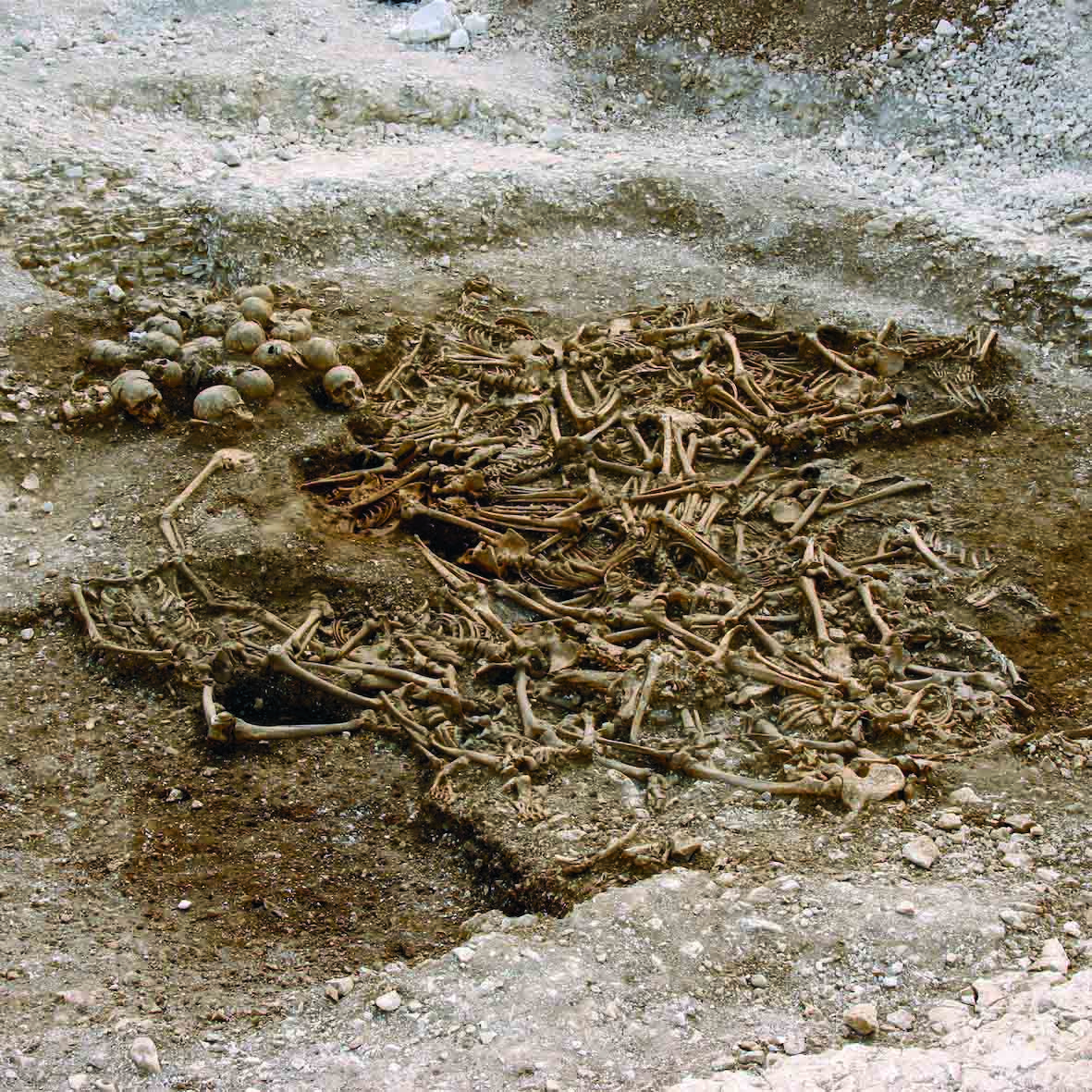
Model Homes March/April 2026
Doorways for the Dead
LOCATION: Thebes, Egypt
DATES: Ca. 1981–1975 b.c.

-
Features January/February 2023
Jungle Realm of the Snake Queens
How women ascended the ranks in the highstakes world of Maya politics
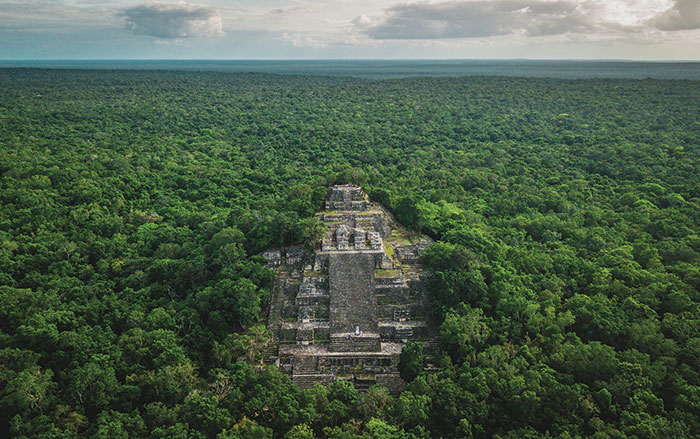 (Adobe Stock)
(Adobe Stock) -
Letter from Ethiopia January/February 2023
Exploring a Forgotten Jewish Land
Using oral history, texts, and survey, archaeologists search for traces of a once-vibrant religious community
 (Courtesy JewsEast Research Project)
(Courtesy JewsEast Research Project) -
Artifacts January/February 2023
Byzantine Solidus Coins
 (Dafna Gazit/Courtesy Israel Antiquities Authority)
(Dafna Gazit/Courtesy Israel Antiquities Authority) -
Digs & Discoveries January/February 2023
An Undersea Battlefield



